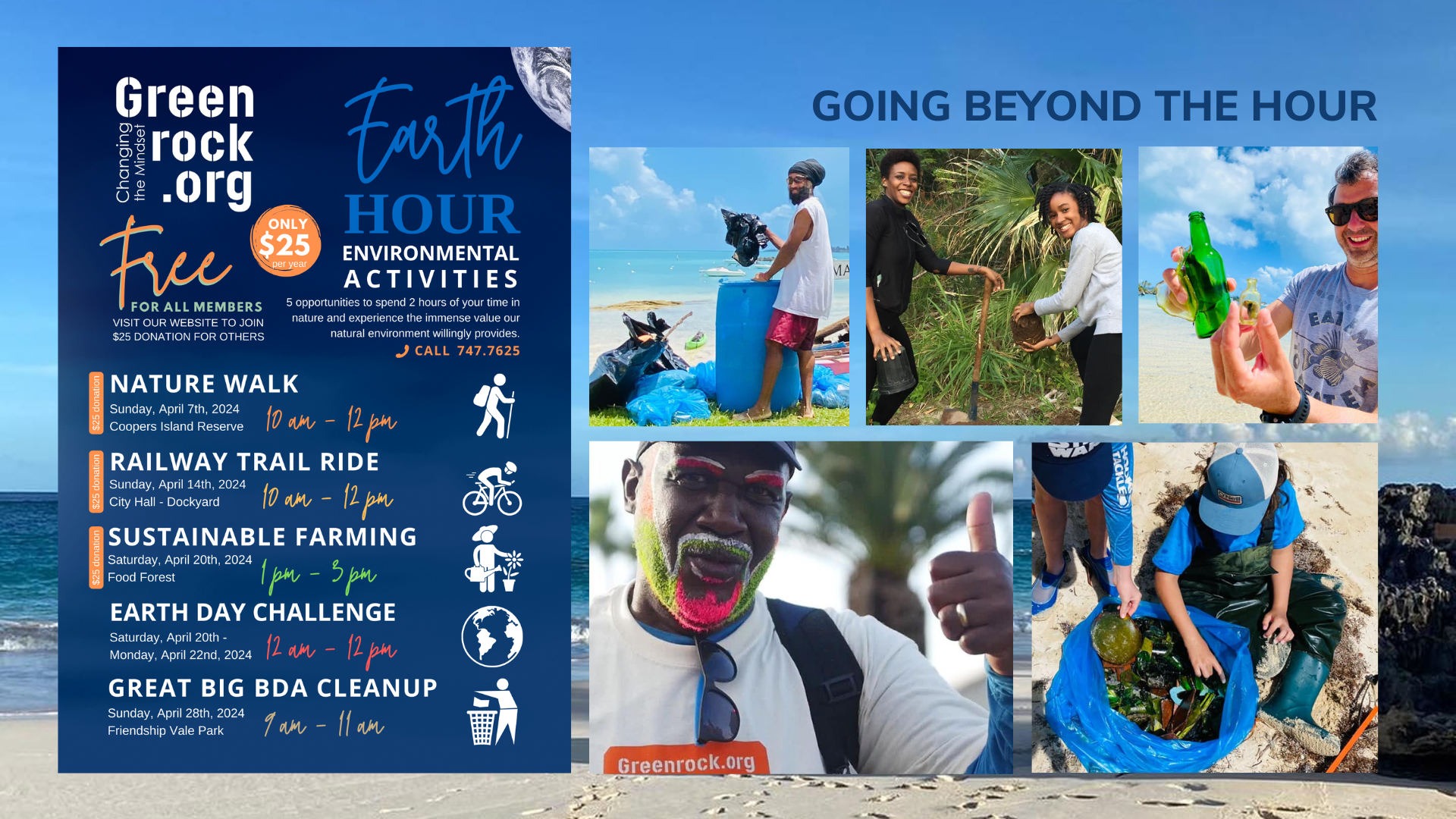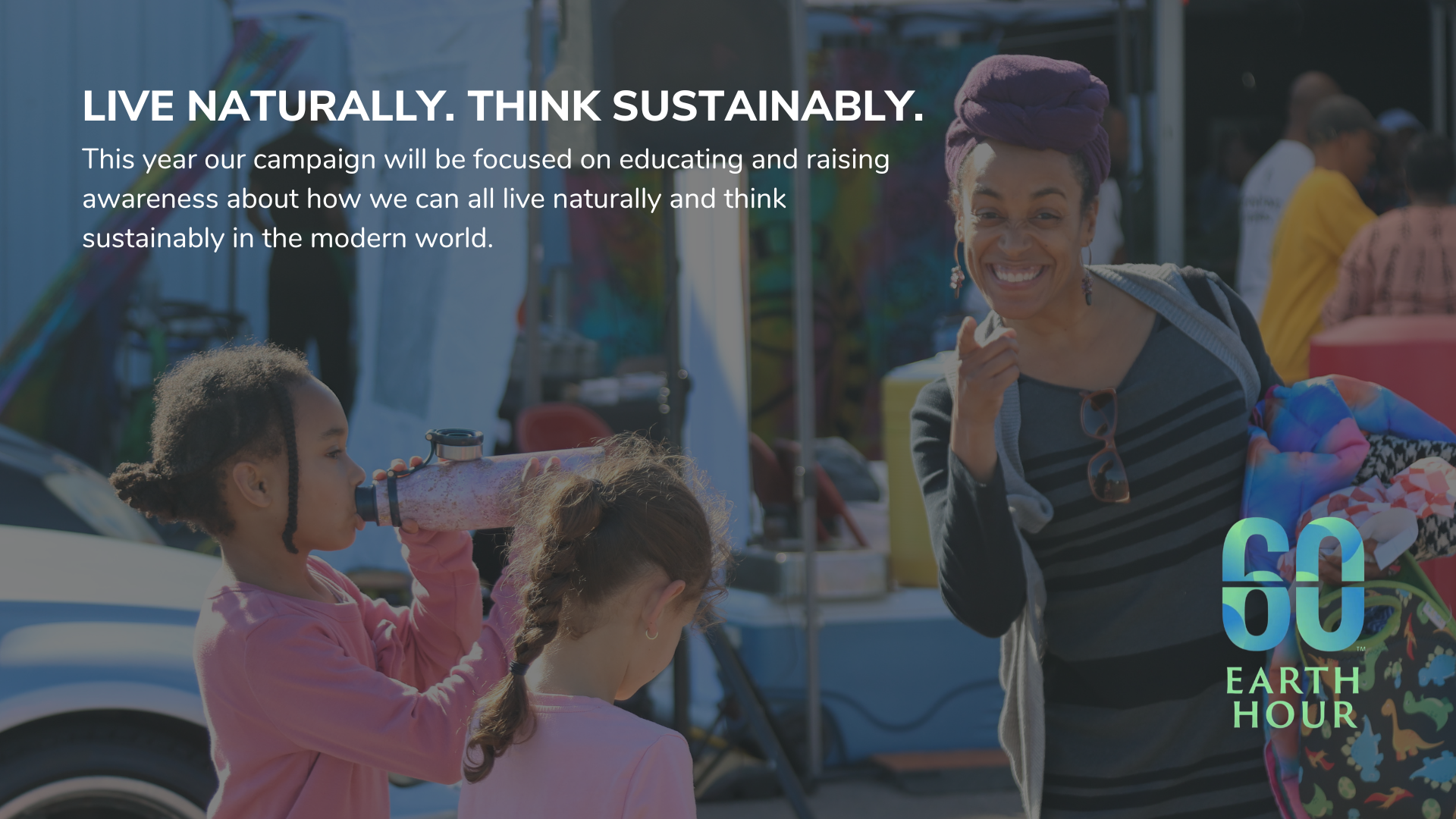Surely there must be a set of guidelines or principles which could help us steer a course through these troubled times.
It just so happens there is such a set of principles; and in fact there has been for quite some time.
Permaculture is defined as a philosophy "of working with rather than against nature; of protracted and thoughtful observation rather than protracted and thoughtless action". The goal of permaculture practitioners is "to be self-reliant as individuals and to cooperate as groups".
The term permaculture comes partly from the combining of the two words "permanent" and "agriculture". This means "the conscious design and maintenance of agriculturally productive ecosystems which have the diversity, stability and resilience of natural systems" (From "Permaculture: A Designers Manual" (Mollison '88).
However, permaculture is about more than just food production.
Permanent culture is also implied; a whole way of life which is sustainable for hundreds, if not thousands, of years.
The ethical basis for this philosophy can be summed up in three ideas:
- Care of the Earth — Provision for all life systems to continue and multiply.
- Care of People — Provision for people to access those resources necessary to their existence.
- Fairshares — surplus created from natural abundance is reinvested in the local system instead of being shipped out for profit.

By setting limits to our consumption and governing our own needs, we can set resources aside to further the above principles.
Bill Mollison and David Holmgren developed and refined the permaculture concept in the early 1970s.
Holmgren was Mollison's student, and under Mollison's guidance, his thesis became the manuscript which was later published as Permaculture One (1978), then as a revised edition, Permaculture Two (1979).
 Permaculture: A Designers Manual was published about ten years later in 1988, and is the standard text for many permaculture design courses (PDCs).
Permaculture: A Designers Manual was published about ten years later in 1988, and is the standard text for many permaculture design courses (PDCs).
Another man deserves mention before I continue; Josef "Sepp" Holzer of Austria has been practicing his own particular form of cold-climate permaculture for decades, and if anyone reading this wants to live sustainably in such places, he's the man to see.
Although permaculture design also concerns itself with providing energy, shelter and other needs, the design often starts with food and water for a very good reason.
If we can't secure a reliable source of our basic needs, we will never complete any other works.
Having said that, I will focus the rest of this talk on our relationship with the land that feeds us.
Awareness is rising and we are beginning once again to understand some basic truths about agricultural practice which allowed our ancestors to grow food in one place for very long periods of time.
Bare earth never exists for long in nature.
Pioneer species move in and colonise the area, preparing the way for long-lived trees and shrubs.
This is a natural, healthy (and inevitable) process. Only humans create environments in which the earth is bare on a continual basis.
Bare earth is prone to leaching and erosion, and, when maintained in that state, eventually disappears or becomes a sterile, desert-like surface known as "hardpan."
Therefore, responsible land stewards try to establish systems which mimic nature.
These can take the form of alternating cover crops and perennial food crops being planted alongside nitrogen-fixing legumes or, for landowners, incorporating this into a full forest garden.
At the very least we can interplant our annual crops with perennials in order to increase the diversity of the landscape.
Monoculture — the planting of one variety or species over large areas — causes the losses of nutrients specific to that crop's needs.
It also creates opportunities for huge populations of one type of "pest" or disease which would otherwise not exist in such numbers (in one place). This in turn makes pest management necessary.
Natural systems create new soils, rather than depleting them.
They also maintain a balance between harmful insects and their predators because of the healthy and diverse habitat available. In addition, there is no pesticide being used.
Pesticides often eliminate the predators of pests before the pests themselves; so it is easy to see how an ineffective pesticide programme would leave a landscape full of pests and no predators.
Chemical/synthetic fertilisers, pesticides and herbicides cause the loss of naturally occurring organic material and nutrients.
As the chemicals gradually take over the role of natural fertility and pest control, this creates dependencies in both humans and plants on these products.
If you don't believe this, try asking a commercial farmer not to use synthetic products.
These are not bad people — I know quite a few of them, after all; they're just being lied to by the big biotech companies — which seem to have the goal, not of ensuring the safety of their product, but of selling as much of it as possible.
A high court in France ruled in 2009 that Monsanto, a US-based agricultural biotechnology corporation, had lied about the safety of its weed killer Roundup.
The court confirmed an earlier judgment that Monsanto had falsely advertised its herbicide as "biodegradable".
Ecologically, biodegradability is one of the few saving graces of these products, and without that, right-thinking individuals will find little justification to use them.
One farmer, Joel Salatin of the Shenandoah Valley in Virginia, points out that we cannot expect to encourage life while using products whose names end in "-cide" (the Latin suffix meaning "to kill").
We must come to appreciate the actions and the presence of the (largely unseen) microbes, bacteria and fungi in our soils if we are going to truly work with nature to grow our own food.
Our task is to reverse the process which has led us to where we are today.
Nobody wants to face this decidedly uphill battle alone, but following permaculture principles (whether we call them by that name or not) is going to make our journey much easier.
In the words of Bill Mollison, "Those of us who belong to the permaculture family have cause to be proud, but not complacent. Work has scarcely begun, but we have a great team of people which increases in numbers daily."
How can I learn more?
Transition Bermuda is in the process of organising a permaculture design course for the spring of 2011. For more information on Permaculture and Transition Bermuda visit our website http://transitionbermuda.ning.com/ or email us at This email address is being protected from spambots. You need JavaScript enabled to view it..
What Is Transition Bermuda?
It is a grass-roots movement founded last year by local residents with a broad background of interests and experiences but with a common interest in helping to make Bermuda a more sustainable place to live.
Adopting the philosophy of the Transition movement its goal is to help communities draw on local knowledge and creativity to stimulate the development of highly localised solutions based on local circumstances and conditions, to help us rebuild what we once were, a self reliant and more resilient society.




